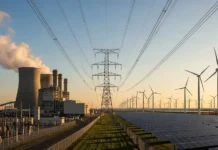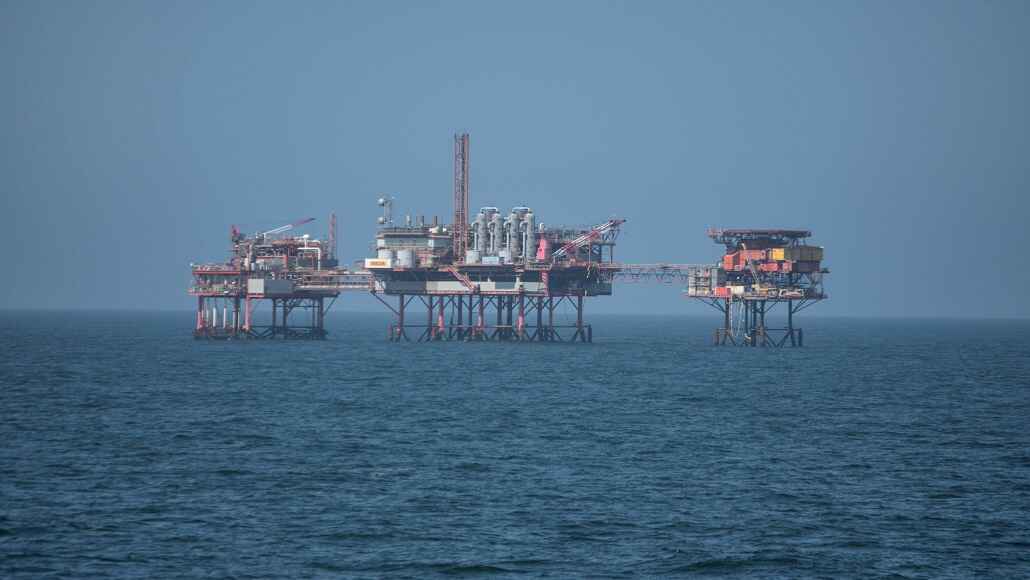The UK still happens to hold quite a significant portfolio of oil & gas reserves in the North Sea that is indeed capable of meeting half the country’s energy requirements in the upcoming decades, as per a recent analysis done by Offshore Energies UK – OEUK. But the present levels of production have, as a matter of fact, touched historic lows, therefore forcing Britain to import almost 50% of its fossil energy, even though the domestic demand still happens to be high. The industry body, which represents major players from the energy sector of the UK, happens to blame a fiscal policy that is perceived to be overly restrictive as well as very poorly adapted as far as the current market realities are concerned.
The tax burden, which has been introduced in response to the 2022 global energy crisis, is continuing to discourage funding when it comes to new exploration as well as drilling projects.
A potential that’s under-exploited
As per the OEUK, the present fiscal environment could go on to restrict British production to almost 4 billion barrels of oil equivalent – boe by 2050; however, the anticipated demand over the same period is expected to range between 13 and 15 billion boe. So as to reach this potential, which happens to remain untapped, OEUK urgently happens to recommend revision of the tax policies, especially by way of reducing the windfall tax executed when oil & gas saw a surge in 2022. This tax, which was originally designed to capture certain extraordinary profits that resulted from the Russia-Ukraine war, happens to be now viewed as a prominent economic barrier for the companies that operate from the North Sea.
Industry representatives go on to argue that such high tax rates at present discourage all kinds of investments within the region, thereby threatening the long-term viability when it comes to the overall British energy sector.
Strategic as well as economic stakes
Besides all this, the OUEK stresses that domestic oil & gas production happens to generate fewer emissions as compared to the importing options such as the LNG, which primarily happens to be sourced from the US.
This kind of prominent difference in carbon footprint is regularly cited as the justification when it comes to maintaining or even, for that matter, expanding the natural resources exploitation. The British government has gone on to show openness when it comes to new projects that are around the present infrastructures like Jackdaw and Rosebank, thereby implicitly highlighting the requirement to preserve a certain state of sovereignty of energy. Nonetheless, these new initiatives immediately require fiscal alterations so as to become economically sustainable in the long term.
A political choice that’s pretty intricate
Faced with this kind of a scenario, the British government has to reconcile conflicting economic as well as strategic imperatives. It is well to be noted that, on one hand, there is indeed a clear political willingness to reduce the external energy dependence by exploiting more domestic resources that are available, while, on the other hand, the present fiscal barriers make the investment projects expensive as well as risky for the global oil & gas companies that happen to operate in the US. The fact is that the economic actors in the sector go on to exert a lot of pressure on the government so as to secure more favorable measures that are capable of sustainably resurrecting the activity across the North Sea. The UK hence finds itself at critical crossroads, facing a very immediate need to clarify its energy fiscal policy, a type of decision in which the economic repercussions can be quite prominent for the decades ahead.










































